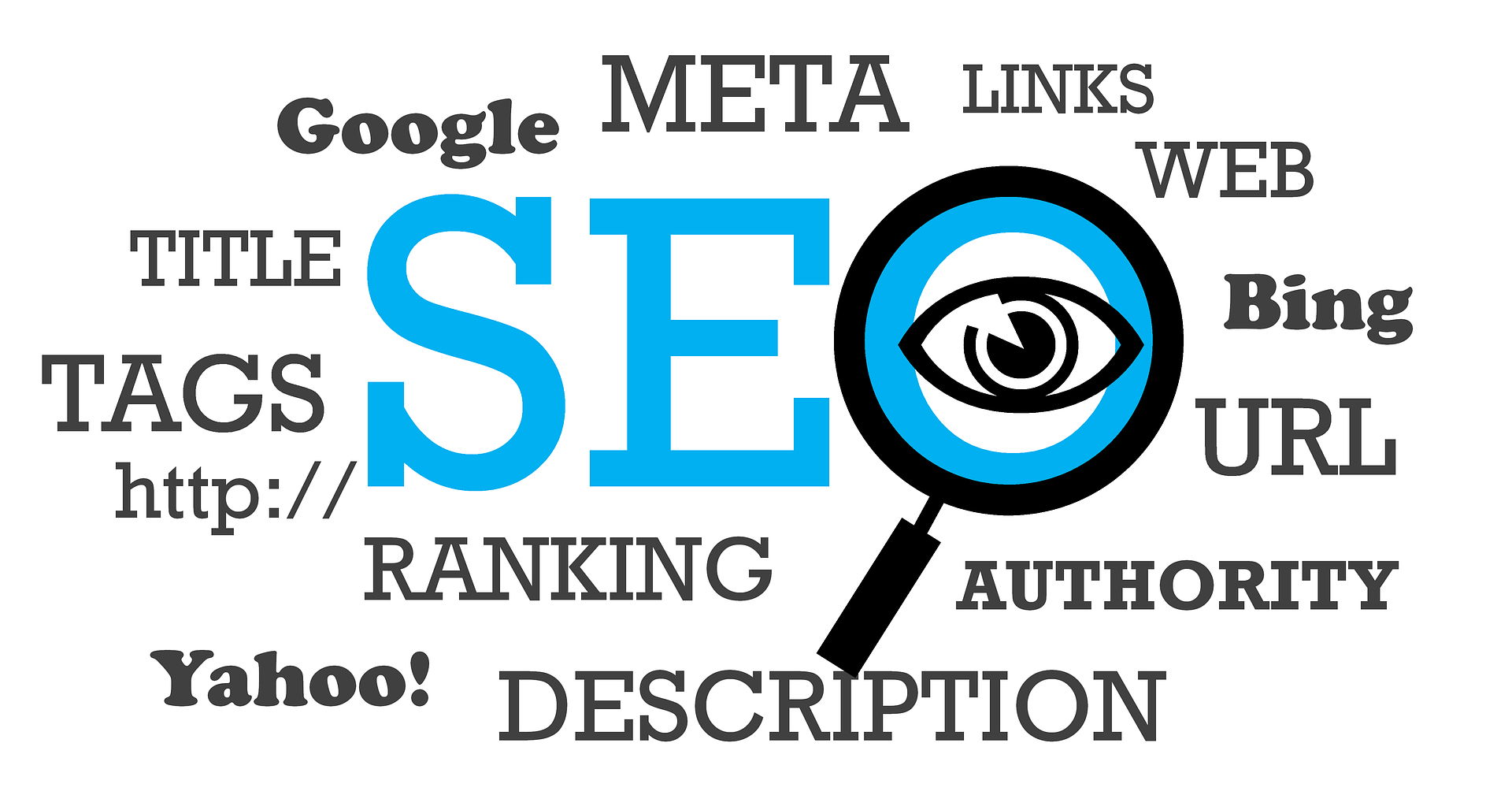What is search engine optimization? It’s OK to ask; we’ve got you covered. You may have heard of the term SEO, or search engine optimization, but aren’t quite sure what that exactly means. We understand, you’re in the business of being an expert on your products and services and not digital marketing. Keep reading for a short 101 on SEO so you can not only be better informed but also consider how it may benefit your business’ online presence.
- SEO Defined
As mentioned above, SEO is an acronym for search engine optimization. SEO is a way to help grow your website’s organic (meaning non-paid) presence on SERPs, or search engine results pages. In non-marketing lingo, we’re talking Google, Yahoo, Bing, and others. In essence, it’s a way to get your website ranked higher up, preferably page one or the top of page one, on the results page when someone searches for your company, product, product category, or service. For example, if you sell organic dog food, utilizing proper SEO techniques on your website will help your website to be found easier and faster when someone searches for the term organic dog food. The better your SEO, the higher ranked your website will be on that SERP.
- SEO is Fluid
SEO changes happen often, and sometimes they’re big changes, others are small tweaks. The main driver of those changes tends to be Google. And when Google speaks, webmasters listen. Not everything you used to do for SEO on your website may be enough. If you have a website and it was built with search engine optimization in mind five years ago, there is a possibility that what was done then is not enough now. For example, you’ll need to check to ensure that your website is mobile-friendly and if the page loads quickly, both considerations in a page’s search engine optimization.
- Content is King (or Queen!)
What is search engine optimization without content? Well, practically nothing! Keep in mind that search engines love content, especially fresh content. If you’ve taken the Ronco approach (throwback alert!) to your website, your SEO may be hurting. Just as search engine optimization is fluid, it also needs to grow. Internal and external backlinks, keywords and phrases, meta descriptions, load time, mobile-friendliness, SEO titles and URLs, are all things that need to be used when creating a page, but content is key. Whether it’s creating a weekly or bi-weekly blog, refreshing your website’s FAQ, updating the About Us page, keeping your website active with content plays an important role in SEO. If adding new content is too much work, allow your team to contribute blogs or hire a professional SEO blog writer to craft content that will have Google giggling over how awesome your page is!
This ends your search engine optimization 101 tutorial. Don’t let it overwhelm you. We’re here to help. And now that you know a little bit more about SEO, you can probably see why an optimized website helps to drive traffic and, in turn, sales. And if someone asks, what is search engine optimization, you can answer with confidence.




